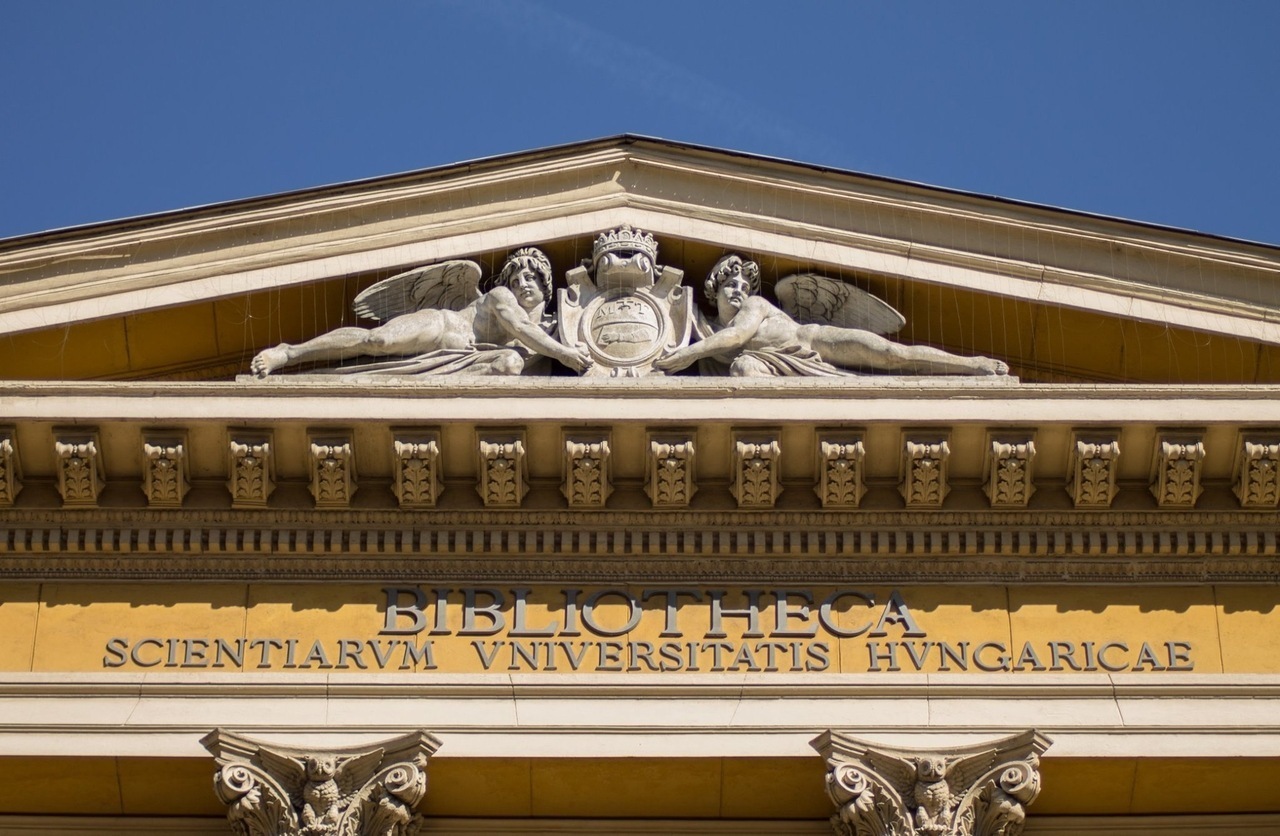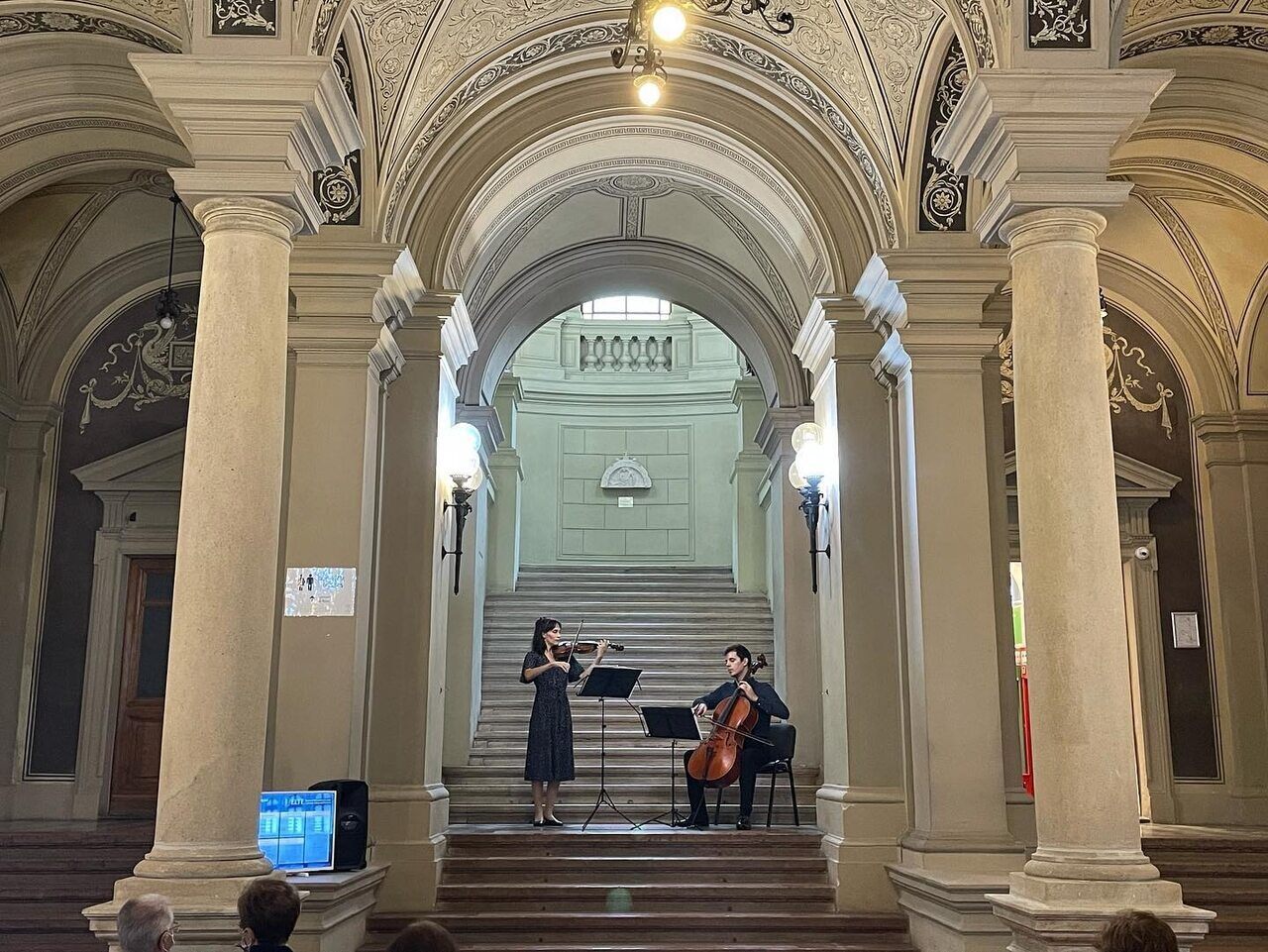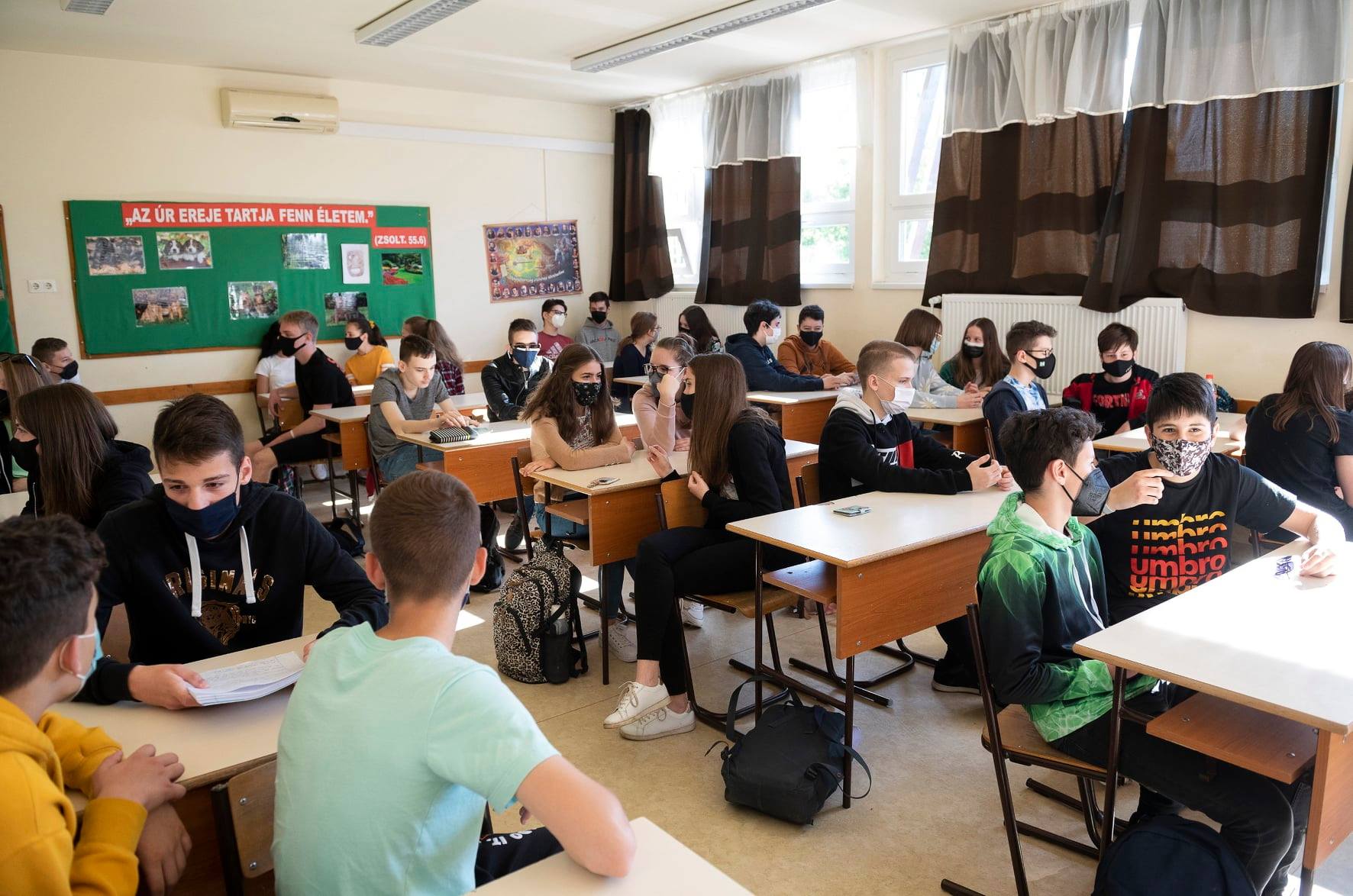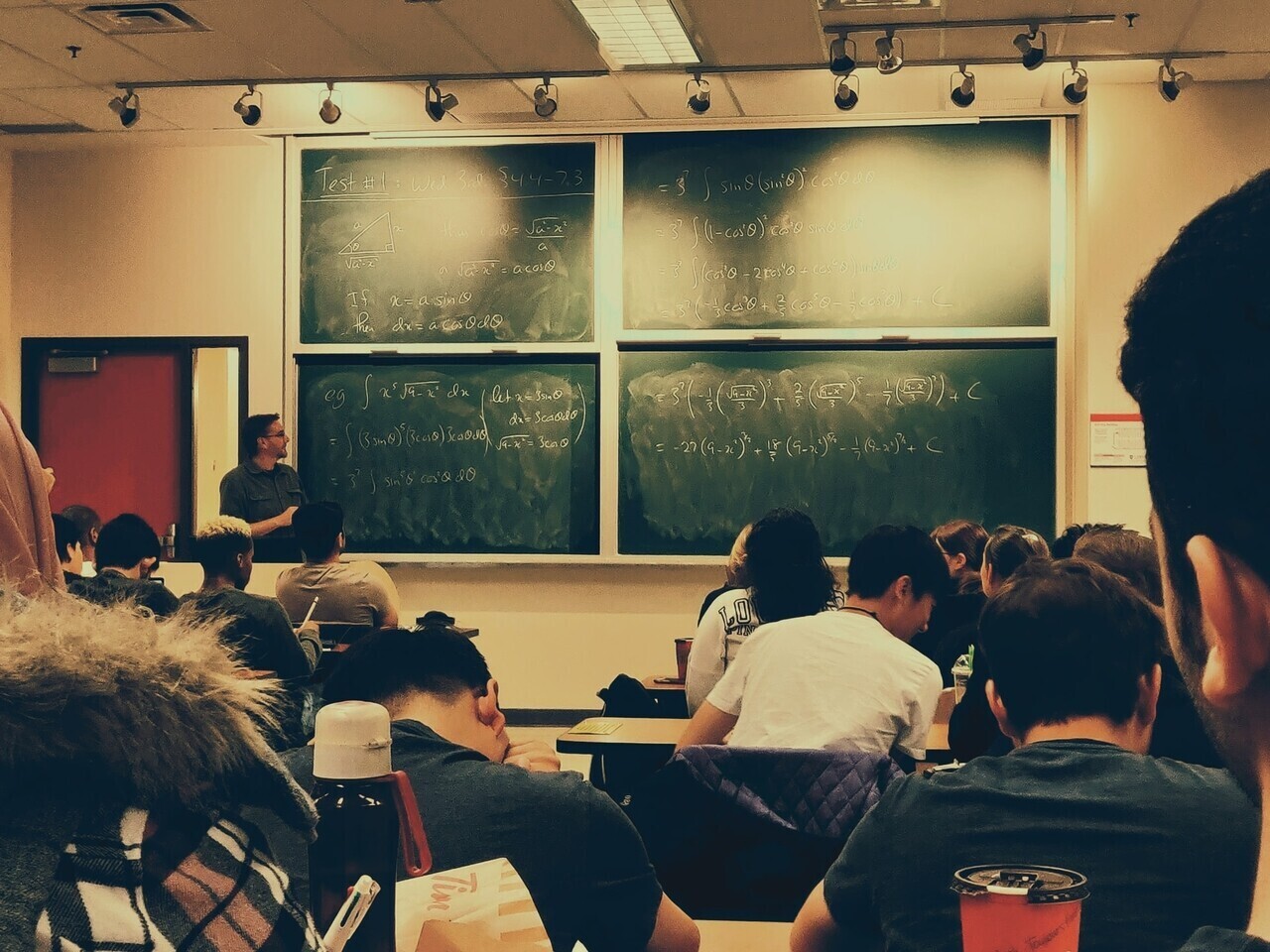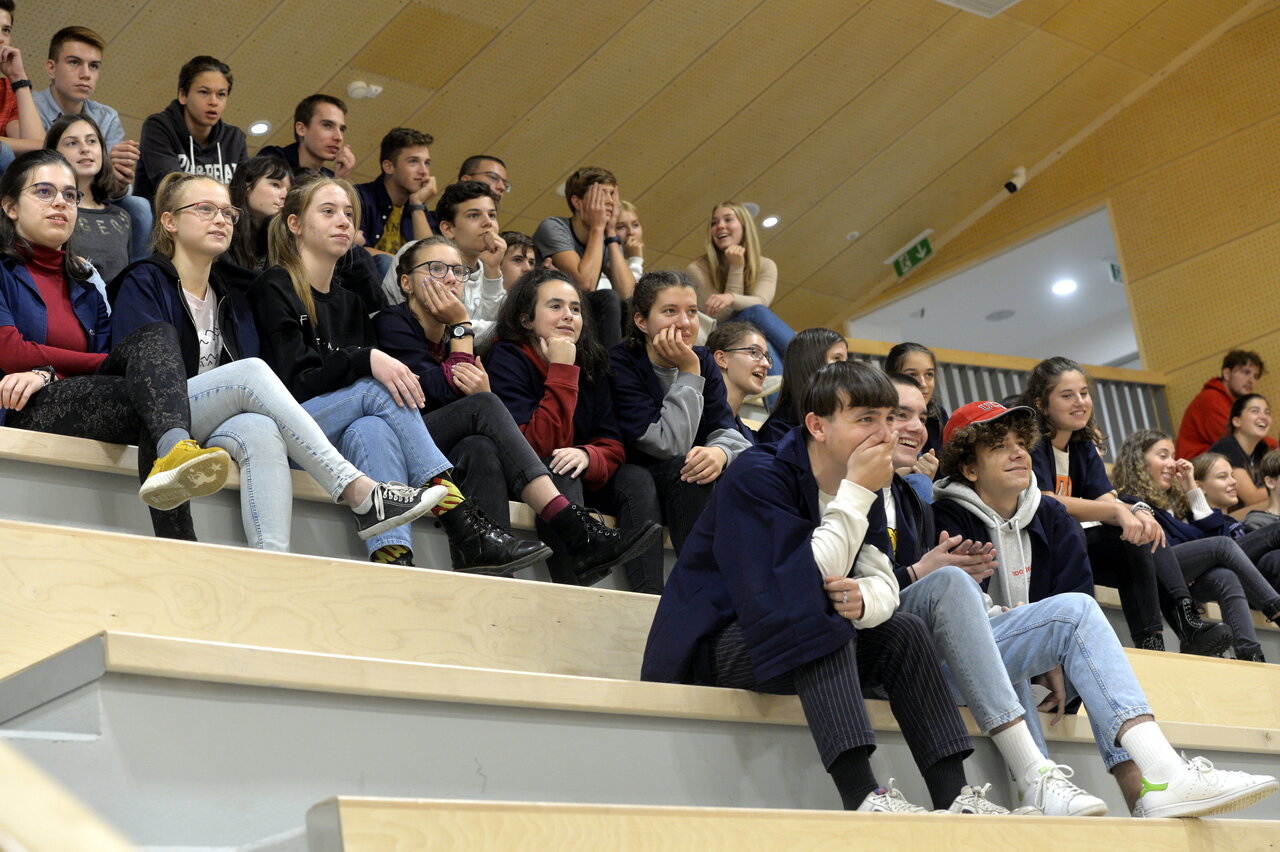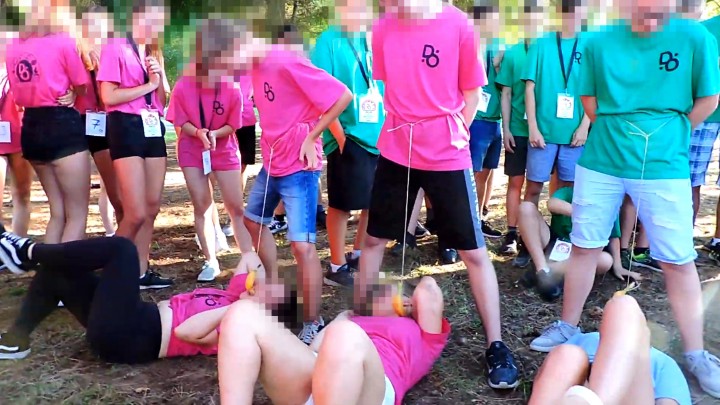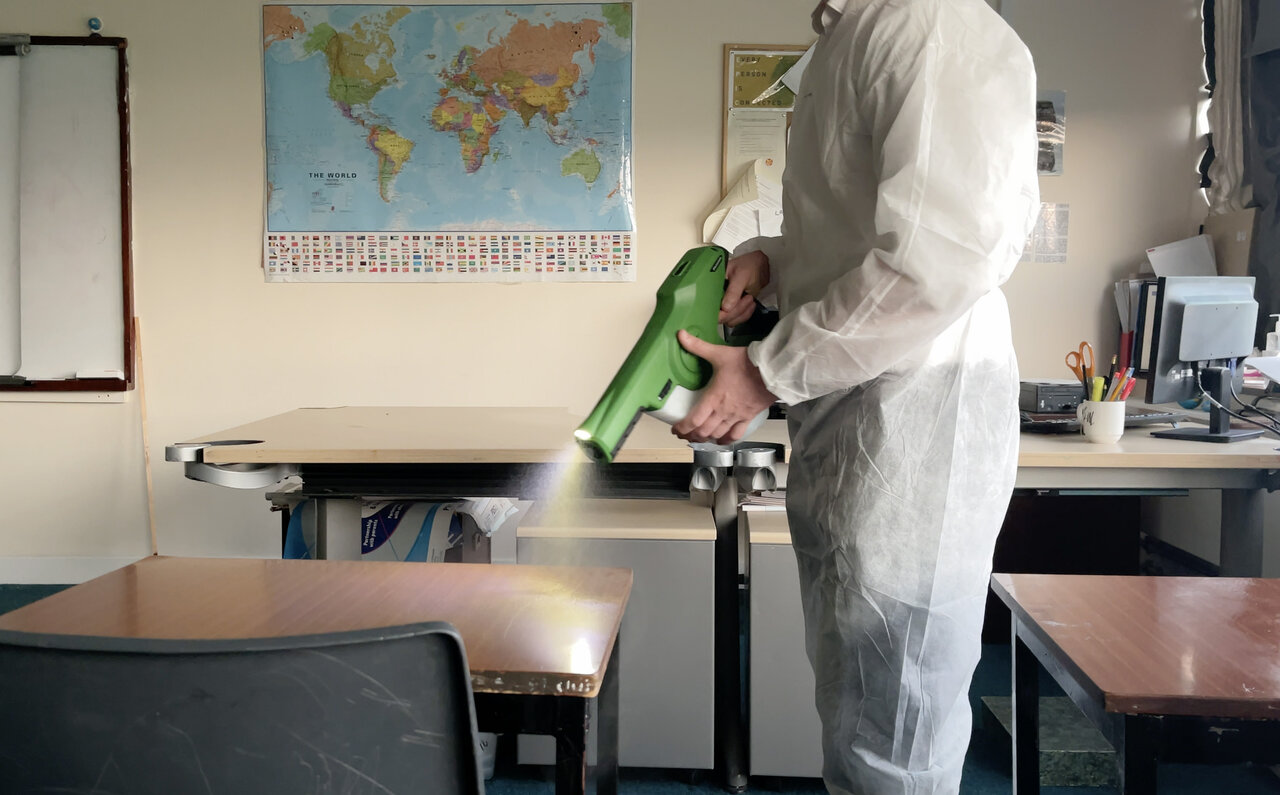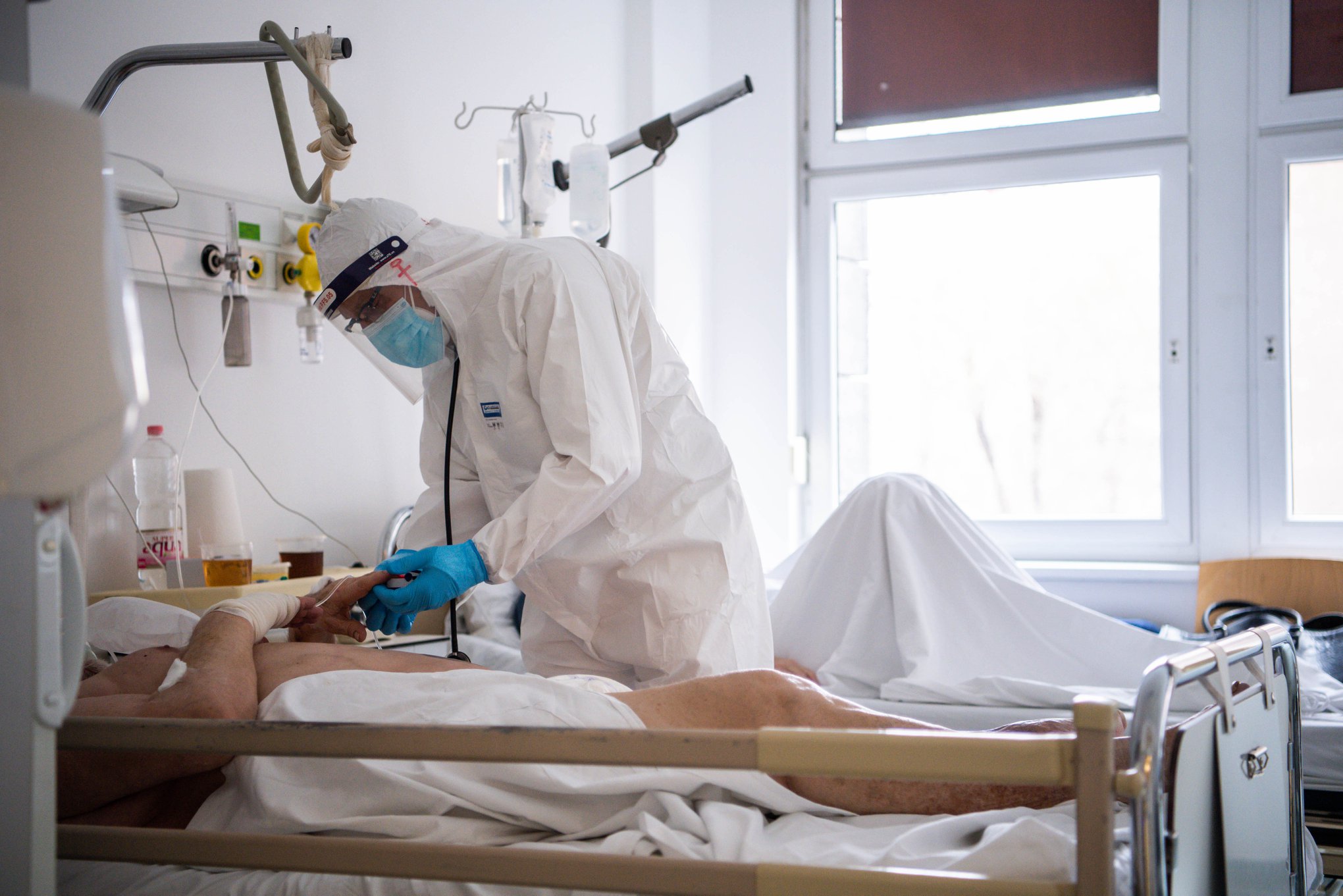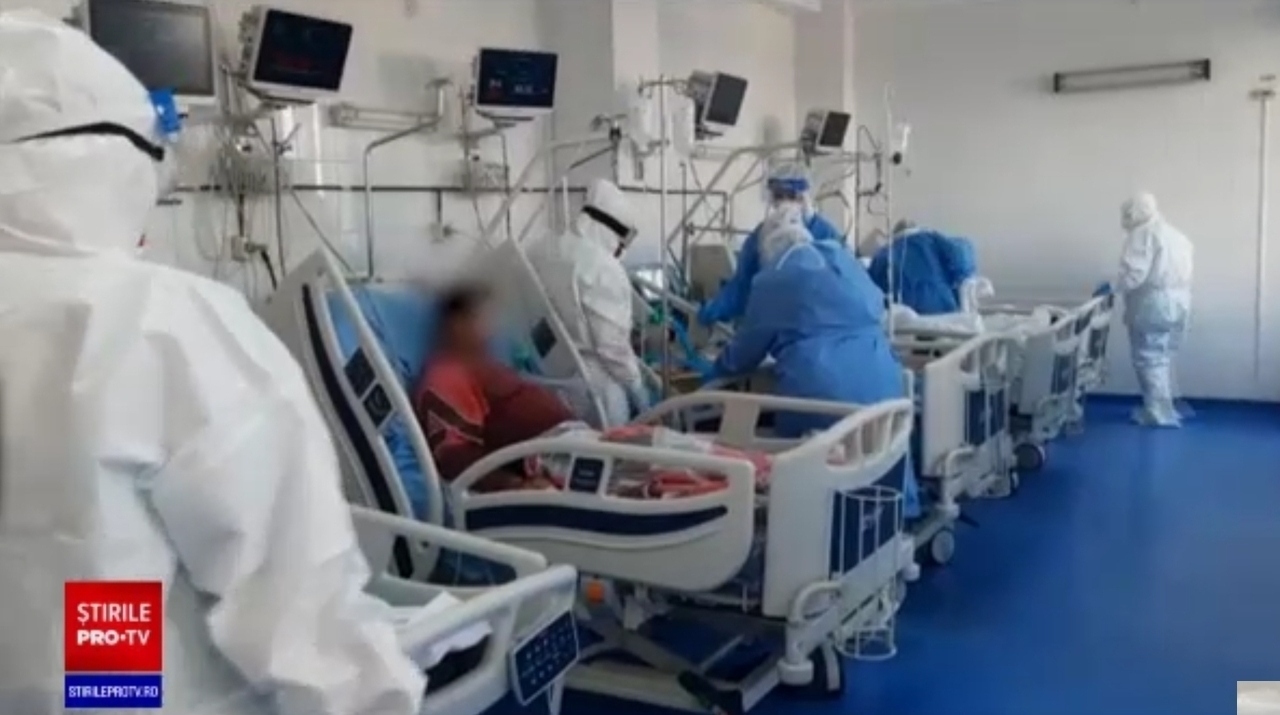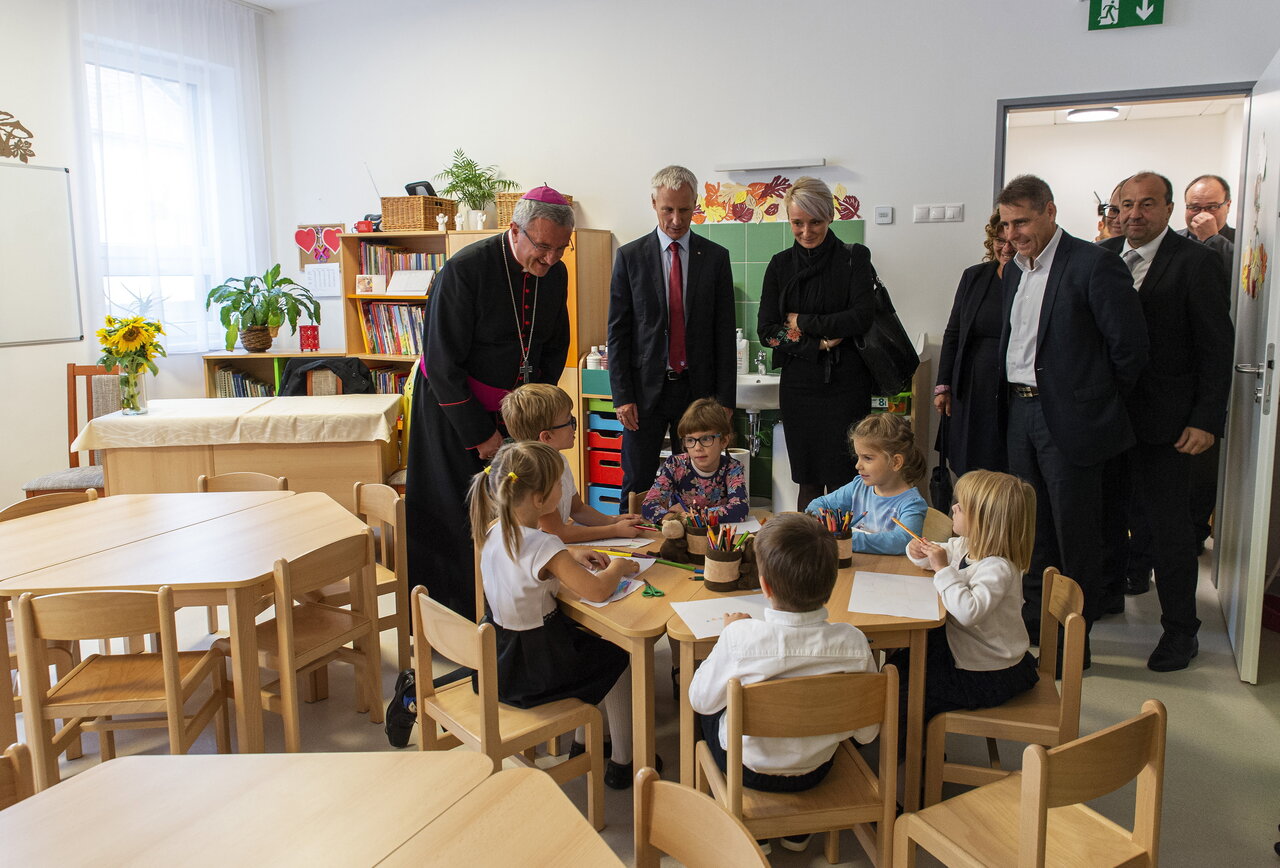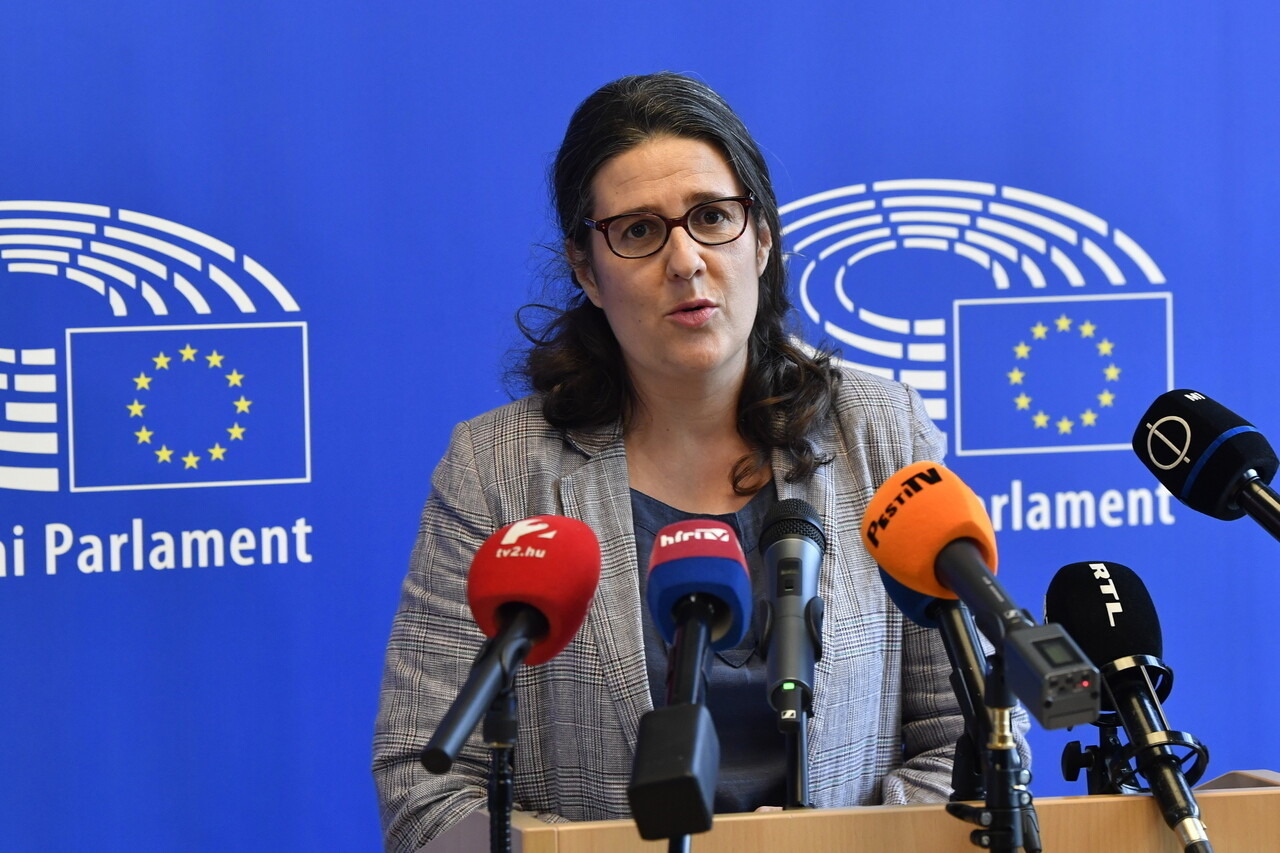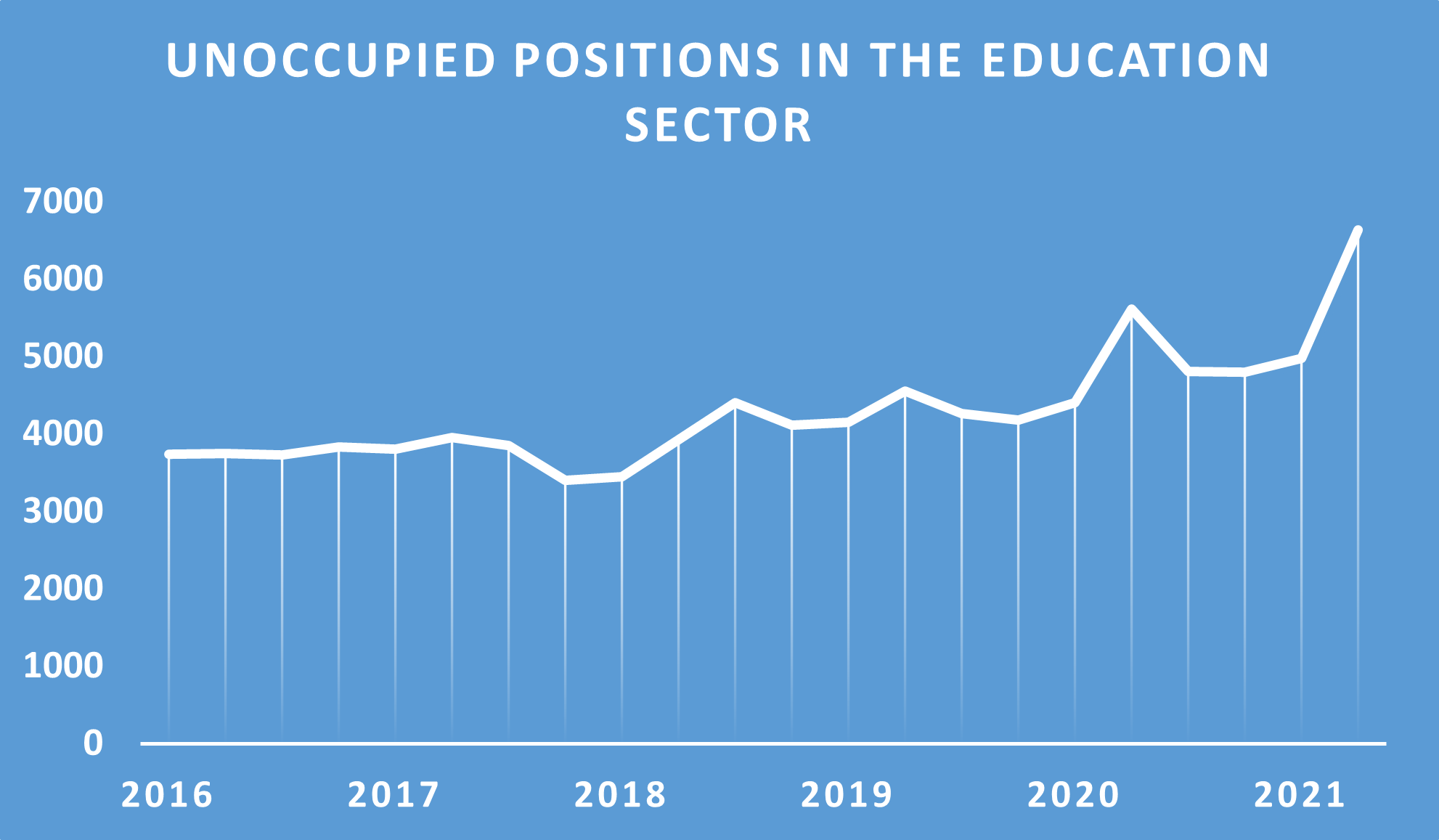Three atmospheric libraries in Budapest you should visit – VIDEO

Budapest has many amazing libraries. Below, you can read about three of them which are stunning and also have a rich collection.
Szabó Ervin Library
The Szabó Ervin Library opened in 1904. The library received 33,000 books from the City Statistical Office library. The publications were social sciences books, mainly about demographics, statistics, public administration, and sociology. In 1910, the library was reorganised to become a public library. Since 1912, the management and enrichment of the Budapest Collection have become the task of a separate department. In 1925, the library became a general collection library.
In 1927, the capital city acquired Wenckheim Palace, and the library opened there in 1931. While the war took a toll on the building, the damage was less significant compared to other losses. After 1945, the library was functioning once again. Since 1955, the centre has been classified as the highest-level public library. Collections were enriched and services improved. Today, the library is a favourite place for many students and intellectuals.
10 books by Hungarian authors you must read
National Széchenyi Library
The library was founded thanks to Count Ferenc Széchényi, who searched for books abroad and made the collection. The founding document of the library dates back to 25 November 1802, and a day later, the king approved it. The library opened a year later. The collection consisted of 13,000 printed books, more than 1,200 manuscripts, hundreds of maps, pictures, illustrations, and coins. The Count added more items to the library until his death. Later, communities and persons offered items to enrich the library. Many items were bought as well. Today, the organised stock consists of 10 million units.
The library has been a favourite spot of researchers since its opening. A separate reading room, however, has only existed since 1866. In 1950, another room became the newspaper reading room. Nowadays, more reading rooms are available for the visitors of the library.
Best places to buy international books and magazines in Budapest
ELTE University Library and Archives
The atmospheric library was founded by Miklós Oláh, bishop of Esztergom, in 1561. It became a university collection in 1635 when the university at Nagyszombat was founded. The Royal Hungarian University moved to Buda along with the library in 1777, then to Pest in 1784.
The building where the library operates today was designed by Antal Skalnitzky. The most beautiful room is the large reading room (Nagyolvasó). The Baroque-style room is decorated with frescos, and a good amount of natural light comes in through the glass ceiling and large windows. The glass ceiling broke during WW2, and many of the books were drained.
Books, periodicals, 185 codices, 1,200 incunabula, manuscripts, 11,000 antiques from the 16th century, 15,000 Baroque books, and 75,000 volumes from the 18th century can be found in the library. This library is the third-largest in Hungary’s capital city.


